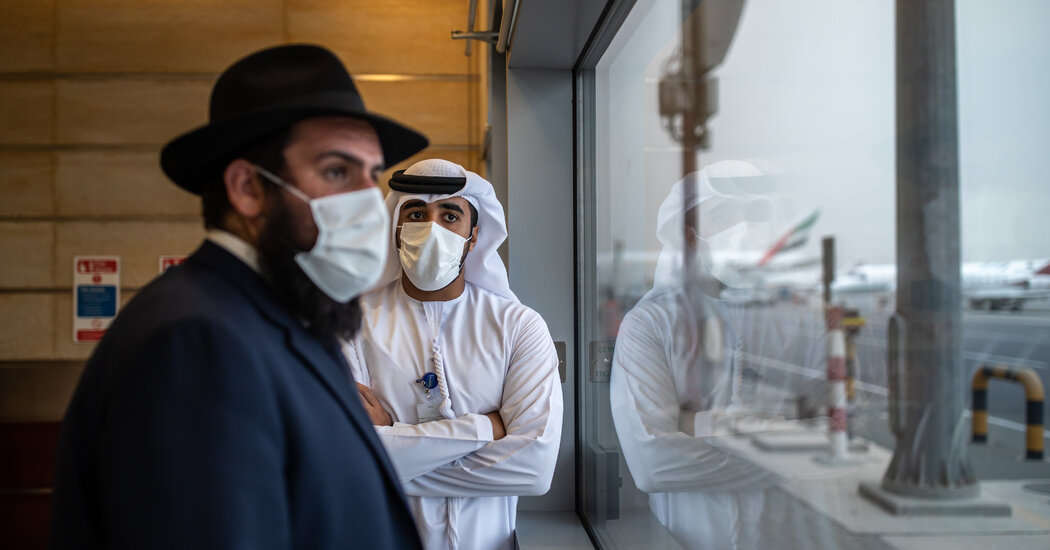“Of course it depends on the specific project, but these arrangements and agreements can have a positive impact on meeting the challenges of the climate crisis, but only if the governments involved make regional climate resilience and security a clear priority,” said Gidon Bromberg , Israeli director of EcoPeace Middle East, which contributed to the development of Project Prosperity.
H2Pro’s Moroccan deal was signed last year in the Egyptian resort of Sharm el Sheikh, where COP27, the annual global climate summit, took place. The conference — the first since both the pandemic and the Abraham Accords — marked a coming out of sorts for Israel’s green tech sector.
“Israel has displayed a large-scale pavilion at the COP for the first time ever and we are already working on plans for COP28 next year in Dubai,” said David Saranga, head of the digital division of the Israeli foreign ministry, who attended the conference. . and whose digital diplomacy is heavily focused on sustainability issues. Mr Arad of H2Pro said “because of the accords we no longer had to operate behind the curtain or under the radar at COP” when negotiating deals with former Arab rivals.
Despite the initial successes of the accords, it will be difficult to maintain current relations and expand to other countries without the participation of the Palestinian Authority, experts said.
“First and foremost, we need to see cooperation between Israel, Jordan and the Palestinians,” Mr Bromberg said. “Their presence is critical to ensuring that projects like Project Prosperity continue.”
The arrival of Israel’s new hardline government is also making it more difficult for the Jewish state to formalize relations with other Arab countries, particularly with the regional leader, Saudi Arabia.
While some countries may be tempted by the potential economic benefits, that may not be enough to entice steadfast nations to put aside their hostilities, experts say. “A fair peace between the Palestinians and Israelis will increase the likelihood of expanding the scope of the Abraham Accords,” said Dr. Al Ketbi.
David Kaufman is a New York-based writer and editor who is a regular contributor to The New York Times, The Financial Times, Air Mail, and the New York Post.

